Your Does insurance cover bunion surgery images are ready. Does insurance cover bunion surgery are a topic that is being searched for and liked by netizens today. You can Find and Download the Does insurance cover bunion surgery files here. Get all free vectors.
If you’re looking for does insurance cover bunion surgery pictures information related to the does insurance cover bunion surgery topic, you have come to the right site. Our site frequently provides you with suggestions for viewing the maximum quality video and image content, please kindly surf and locate more enlightening video content and graphics that match your interests.
Does Insurance Cover Bunion Surgery. If you have a health insurance, the bunion surgery cost significantly goes down. Bunion repairs usually don�t require an overnight stay in the hospital. If you decide to go ahead with bunion surgery, you must pay for the remaining 20 percent of the approved, total cost. Even if your insurance carrier doesn’t cover the surgeon’s fee, they may cover the surgical center, hospital, and the anesthesiologist’s bill, depending on your health insurance.
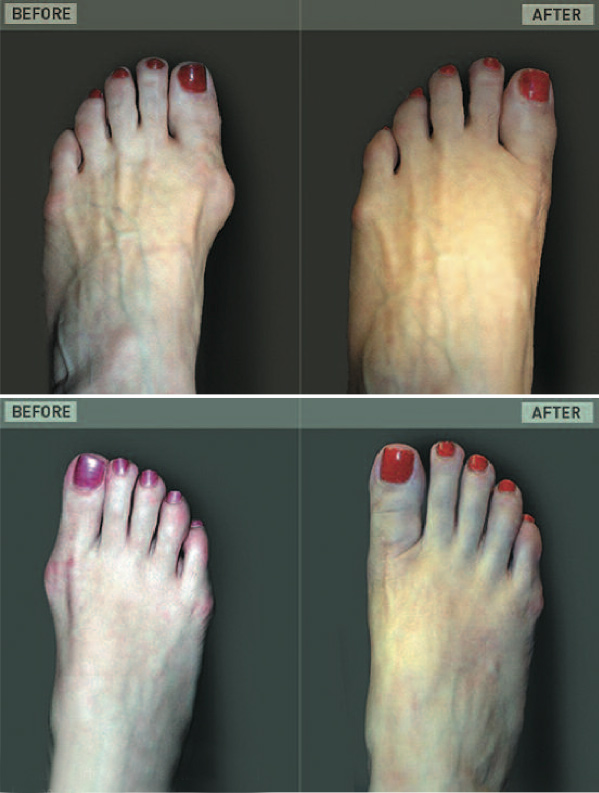 Bunion research focuses on patient quality of life Lower From lermagazine.com
Bunion research focuses on patient quality of life Lower From lermagazine.com
Bunion surgery is covered by both original medicare and medicare advantage; Does medicare cover bunion surgery? Medicare part b covers around 80% of the total cost of bunion removal surgery. Does insurance cover minimally invasive bunion surgery? Like any other surgery, complications such. Original medicare coverage for bunion surgery has a deductible and 20 percent coinsurance for outpatient surgery.
Most bunion surgeons offer some type of interest free financing and bunion surgery is usually quite affordable.
Does insurance cover minimally invasive bunion surgery? Is removing a bunion painful? Is this procedure covered by insurance? They don’t distinguish by expressly including or excluding bunion surgery. Does medicare cover bunion surgery? Medicare will cover any medically necessary foot treatment, including bunion surgery.
 Source: huffingtonpost.com
Source: huffingtonpost.com
Is this procedure covered by insurance? Most bunion surgeons offer some type of interest free financing and bunion surgery is usually quite affordable. Even if your insurance carrier doesn’t cover the surgeon’s fee, they may cover the surgical center, hospital, and the anesthesiologist’s bill, depending on your health insurance plan. Bunion correction surgery is very commonly covered by most insurance policies. This means that 80 percent of the total cost of bunion surgery is paid for by medicare.
 Source: grantsformedical.com
Source: grantsformedical.com
Medicare will help cover the cost of medically necessary treatments for foot injuries or diseases, including bunion deformities. A bunion that is triggering discomfort or altering the way you walk or run, is seen as a medical issue. There are more than 100 surgeries for bunions. There are cases when bunion surgery costs are not covered because such medical operation is considered a cosmetic or palliative surgery, which is not qualified for an insurance. Is bunion surgery covered by insurance?
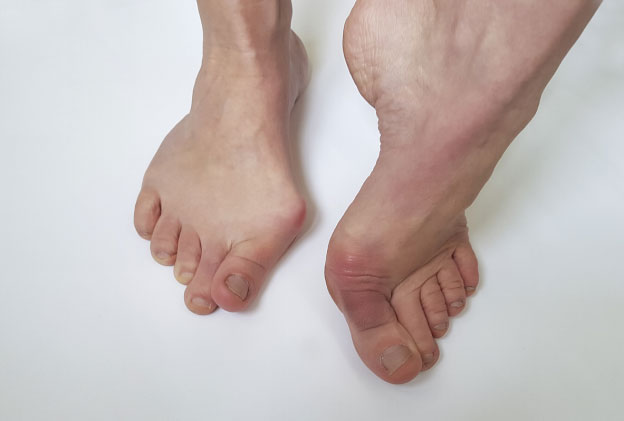 Source: foothouston.com
Source: foothouston.com
Do bunions ever require surgical. If the bunion is causing pain and interfering with your normal life, it is considered a medical condition and it is usually covered by health insurance. Bunions are a medical condition and therefore surgery is generally covered by most health insurance plans so long as its associated with pain and functional limitations. Therefore, the vast majority of insurance plans will cover this procedure. We will let you know if your insurance carrier covers your surgery or partially covers your bunion surgery.
 Source: healthyliving.azcentral.com
Source: healthyliving.azcentral.com
If you have a health insurance, the bunion surgery cost significantly goes down. Insurance coverage — depending on where you live and how complex the surgery will be, the bunion surgery can cost anywhere from $3,000 to $4,700. A misaligned joint in your big toe can cause swelling and pain as it slants toward other toes. They don’t distinguish by expressly including or excluding bunion surgery. Nov 11, 2019 — insurance will probably cover part or all of the surgery, because the majority of bunion surgeries are not cosmetic.
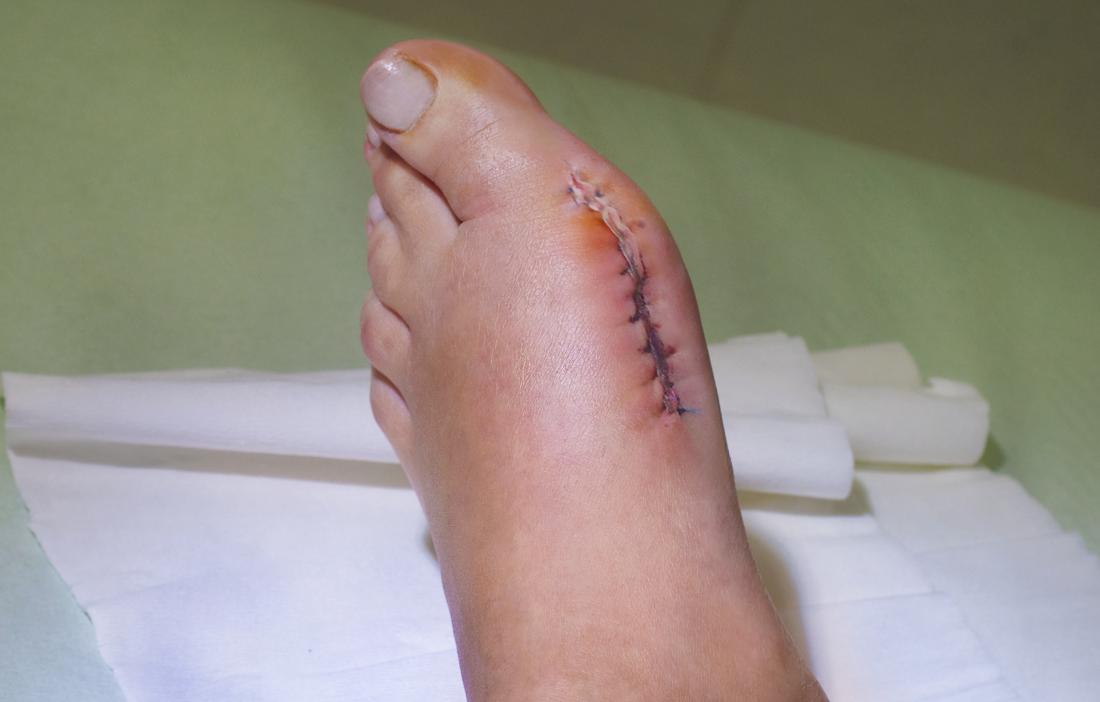 Source: npa1.org
Source: npa1.org
Do bunions ever require surgical. A sedative may also be used during the procedure. Bunion surgery for the sole purpose of making the foot look better is considered cosmetic and generally excluded. If you have a health insurance, the bunion surgery cost significantly goes down. This means that 80 percent of the total cost of bunion surgery is paid for by medicare.
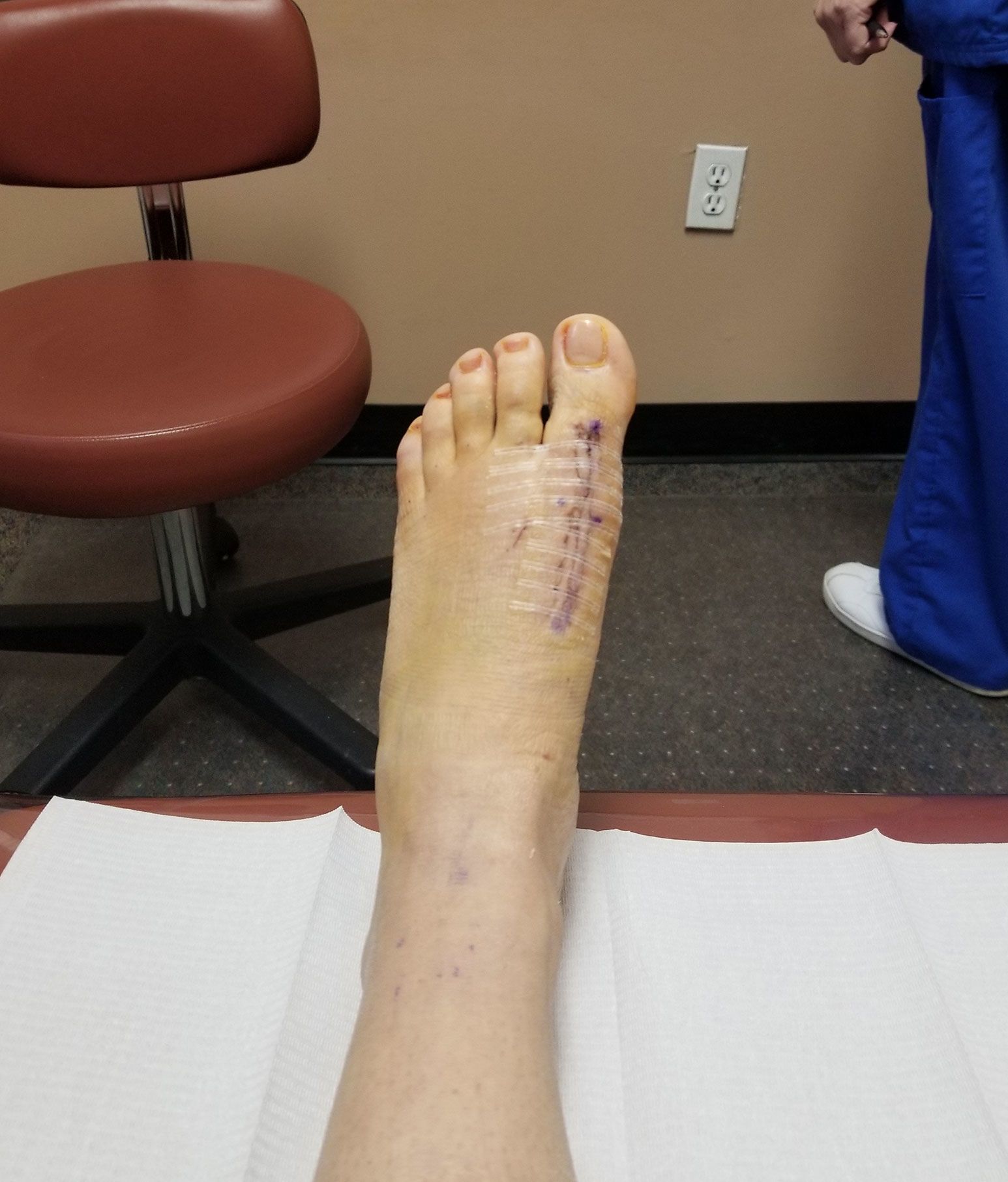 Source: thewell.northwell.edu
Source: thewell.northwell.edu
Is removing a bunion painful? Surgery for correcting bunions are commonly performed on an outpatient basis and can provide good results. Like any other surgery, complications such. Bunion surgery is covered by both original medicare and medicare advantage; Medicare will help cover the cost of medically necessary treatments for foot injuries or diseases, including bunion deformities.
 Source: fwfoot.com
Source: fwfoot.com
Is this procedure covered by insurance? In our practice, a decline of surgical benefits for this surgery has not occurred to date. Insurance and medicare typically cover bunionectomy and joint fusion procedures that utilize the lapiplasty ® system when the procedures are medically necessary. They don’t distinguish by expressly including or excluding bunion surgery. Bunions are a painful condition and a deformity;
 Source: feetforlife.com
Source: feetforlife.com
Does insurance cover minimally invasive bunion surgery? Bunion surgery is a minor surgical procedure that can remove the bunion and correct the toe’s position. If the bunion surgery is done for purely cosmetic reasons, it is not considered a medical condition and. Most bunion surgeons offer some type of interest free financing and bunion surgery is usually quite affordable. The short answer is yes.
 Source: healthyliving.azcentral.com
Source: healthyliving.azcentral.com
Bunions are a medical condition and therefore surgery is generally covered by most health insurance plans so long as its associated with pain and functional limitations. They don’t distinguish by expressly including or excluding bunion surgery. Medicare will help cover the cost of medically necessary treatments for foot injuries or diseases, including bunion deformities. Medicare will cover any medically necessary foot treatment, including bunion surgery. Medicare can provide coverage for therapeutic foot inserts for qualifying beneficiaries.
 Source: grantsformedical.com
Source: grantsformedical.com
On that note, the bunion surgery cost with insurance usually depends on the coverage of your health insurance plan. Insurance coverage — depending on where you live and how complex the surgery will be, the bunion surgery can cost anywhere from $3,000 to $4,700. Is removing a bunion painful? While minibunion™ is a new and advanced minimally invasive technique, it is still classified as a bunion correction and is covered by most insurance plans. Bunions are a medical condition and therefore surgery is generally covered by most health insurance plans so long as its associated with pain and functional limitations.
 Source: footdoctorscolorado.com
Source: footdoctorscolorado.com
Medicare part b covers around 80% of the total cost of bunion removal surgery. A misaligned joint in your big toe can cause swelling and pain as it slants toward other toes. If you have a health insurance, the bunion surgery cost significantly goes down. The procedure usually takes an hour or more, depending on the type of surgery. If the bunion is causing pain and interfering with your normal life, it is considered a medical condition and it is usually covered by health insurance.
 Source: pinterest.com
Source: pinterest.com
On mdsave, the cost of a bunion removal ranges from $4,080 to $6,810. Do bunions ever require surgical. Insurance coverage — depending on where you live and how complex the surgery will be, the bunion surgery can cost anywhere from $3,000 to $4,700. Bunion repairs usually don�t require an overnight stay in the hospital. There are more than 100 surgeries for bunions.
 Source: pinterest.com
Source: pinterest.com
There are cases when bunion surgery costs are not covered because such medical operation is considered a cosmetic or palliative surgery, which is not qualified for an insurance. Insurance and medicare typically cover bunionectomy and joint fusion procedures that utilize the lapiplasty ® system when the procedures are medically necessary. A bunion that is triggering discomfort or altering the way you walk or run, is seen as a medical issue. Learn more about the lapiplasty procedure on the jcmg podiatry website: A regional anesthetic that affects only the foot is commonly used for bunion surgery.
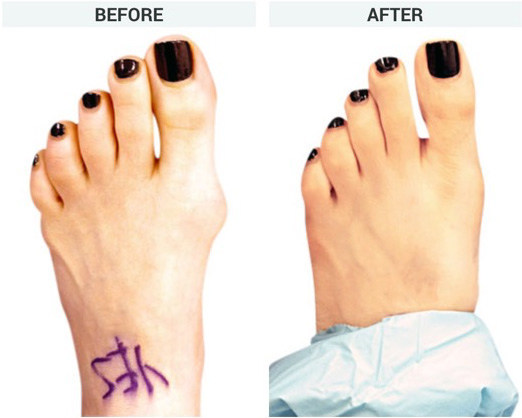 Source: pbrphotos.blogspot.com
Source: pbrphotos.blogspot.com
In our practice, a decline of surgical benefits for this surgery has not occurred to date. Bunions are a medical condition and therefore surgery is generally covered by most health insurance plans so long as its associated with pain and functional limitations. Even if your insurance carrier doesn’t cover the surgeon’s fee, they may cover the surgical center, hospital, and the anesthesiologist’s bill, depending on your health insurance. In our practice, a decline of surgical benefits for this surgery has not occurred to date. Learn more about the lapiplasty procedure on the jcmg podiatry website:
 Source: feetforlife.com
Source: feetforlife.com
Medicare can provide coverage for therapeutic foot inserts for qualifying beneficiaries. Insurance coverage will most likely cover part or all of the surgical treatment, due to the fact that most bunion surgical treatments are not cosmetic. Bunion surgery for the sole purpose of making the foot look better is considered cosmetic and generally excluded. If you have a health insurance, the bunion surgery cost significantly goes down. Therefore, the vast majority of insurance plans will cover this procedure.
 Source: hubpages.com
Source: hubpages.com
Nov 11, 2019 — insurance will probably cover part or all of the surgery, because the majority of bunion surgeries are not cosmetic. Medicare will help cover the cost of medically necessary treatments for foot injuries or diseases, including bunion deformities. Like any other surgery, complications such. Bunions are a medical condition and therefore surgery is generally covered by most health insurance plans so long as its associated with pain and functional limitations. There are cases when bunion surgery costs are not covered because such medical operation is considered a cosmetic or palliative surgery, which is not qualified for an insurance.
 Source: tanglewoodfootspecialists.com
Source: tanglewoodfootspecialists.com
Bunion surgery is a minor surgical procedure that can remove the bunion and correct the toe’s position. In our practice, a decline of surgical benefits for this surgery has not occurred to date. Inpatient surgery to remove a bunion is covered by part a with a deductible. Medicare part b will cover doctor visits and any outpatient treatment. Therefore, the vast majority of insurance plans will cover this procedure.
 Source: lermagazine.com
Source: lermagazine.com
Learn more about the lapiplasty procedure on the jcmg podiatry website: Even if your insurance carrier doesn’t cover the surgeon’s fee, they may cover the surgical center, hospital, and the anesthesiologist’s bill, depending on your health insurance plan. Bunion surgery for the sole purpose of making the foot look better is considered cosmetic and generally excluded. Inpatient surgery to remove a bunion is covered by part a with a deductible. Does insurance cover minimally invasive bunion surgery?
This site is an open community for users to submit their favorite wallpapers on the internet, all images or pictures in this website are for personal wallpaper use only, it is stricly prohibited to use this wallpaper for commercial purposes, if you are the author and find this image is shared without your permission, please kindly raise a DMCA report to Us.
If you find this site helpful, please support us by sharing this posts to your favorite social media accounts like Facebook, Instagram and so on or you can also bookmark this blog page with the title does insurance cover bunion surgery by using Ctrl + D for devices a laptop with a Windows operating system or Command + D for laptops with an Apple operating system. If you use a smartphone, you can also use the drawer menu of the browser you are using. Whether it’s a Windows, Mac, iOS or Android operating system, you will still be able to bookmark this website.






